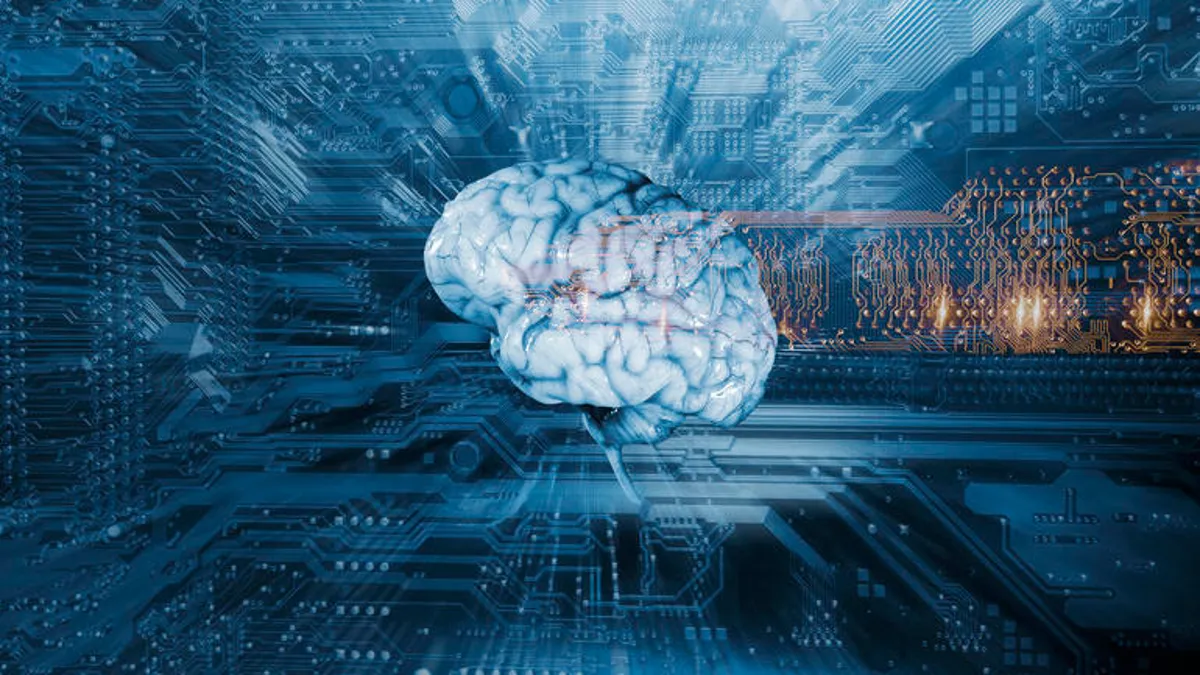Artificial intelligence is an emerging field of science that focuses on creating computers that have the ability to perform complex tasks. It’s often used in virtual assistants, search engines, targeted advertising, medical diagnosis, and more. These AI applications have become a widespread part of our daily lives. However, achieving the best results requires careful planning and execution.
To achieve a solid foundation for AI development, organizations should hire ethicists and software developers who can work with corporate decision makers to develop a code of ethics. They should also implement an AI training program and create an audit trail for their AI solutions. A code of ethics should include guidelines for the implementation of the software and for the use of data that the algorithms generate.
The field of artificial intelligence is still a bit nebulous. For example, some sources refer to it as “machine learning with neural networks,” but no single definition of the term is universally accepted.
One of the most basic categories of AI involves implementing automated spam filtering systems. This type of AI uses a subsymbolic approach that uses statistics to train the software. Some programs have reached performance levels equivalent to that of human professionals.
Another category of AI is based on the theory of mind. This is the idea that machines need to learn how to process psychological concepts in real time. In addition, they need to process emotional fluctuations in their decision making processes. If the machine can do this, then the machine can make decisions based on the opinions of others.
Several other categories of AI focus on the processes involved in achieving certain goals. These include feature detection, which helps the AI compose informative abstract structures from raw data. Additionally, reactive machines have the ability to perceive the world around them, allowing them to draw inferences, such as predicting outcomes.
Finally, there is the idea of superintelligence, which would be a machine that surpasses humans in all areas of intelligence. In the science fiction media, this scenario is often depicted as a robot that is capable of experiencing and understanding subjective experiences.
However, to achieve this level of superintelligence, an organization should have the technical and financial resources to create a comprehensive, scalable, and secure platform for AI development. Moreover, it’s important to have a strong strategic framework to guide the development of the algorithm, including a clear definition of the deliverables and an iterative, iterative approach to the development.
Although achieving strong AI is not as simple as it once was, there are now many ways to create an AI that will increase productivity and decrease costs. For instance, the use of pre-built AI solutions can help streamline the implementation of an AI solution, allowing companies to focus on their core business.
However, balancing conflicting values is an essential challenge for AI designers. As such, it’s important to have a code of ethics and to conduct an AI review board within an organization.



